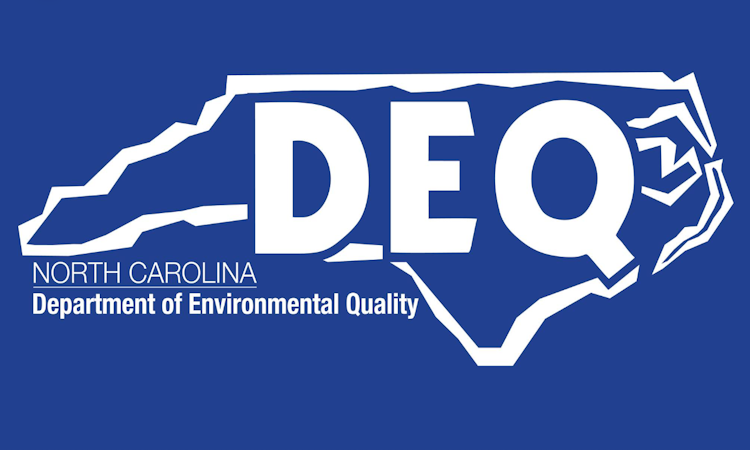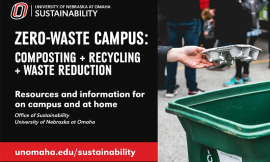More and more, businesses in North Carolina are referencing the need to move towards a low-carbon economy. This is one of the most talked about strategies: Science-Based Targets (SBTs). But are those the targets that will really get us to Net Zero? We will discuss the attention that SBTs are getting, as well how they were able to reinvent corporate carbon strategy and why we truly need it for a sustainable future..
What is Net Zero
Net Zero simply means that the total amount of greenhouse gases emitted into the atmosphere is no more than what it takes out or removes from them. Business targets to achieve Net Zero emit as little carbon emission possible and offset the remainder by methods such as reforestation or carbon capture. That leads us to the next question: how can we set these targets?
What Makes SBT targets important for Net Zero
Science-Based Targets are an evidence-based standard to guide and celebrate the best of sustainability, with a clear path before them. By setting out new and stringent recommendations for embedding net zero goals into a company and limit waste creation, they offer an actionable process towards helping companies against climate change. Some of the reasons SBTs are important:
- Based on science: SBTs rely on the most up-to-date scientific research for setting targets in line with limiting warming to 1.5°C.
- Greater Credibility: By using SBTs, you gain credibility among investors, customers and regulators.
- Competitive advantage: Leading the way in SBTs is a sign of sustainable innovation leadership.
The Pros and Cons Of SBT Goals
- Builds corporate reputation
- Fosters innovation
- Fosters competitive advantage
- Can be costly to implement
- Transformational-organization based
- Needs continuous oversight and assessment
Where can SBTs fit into your carbon strategy
Adopting SBTs is complex and requires careful planning and commitment at all levels of the organization. There are following steps to be taken for an efficient inclusion:
- Determine existing emissions: Begin by measuring your carbon footprint and determining which areas have the greatest impact.
- Goal setting: Set SBT-aligned targets for each segment of your value chain.
- Action Plans: Implement mitigation activities e.g.energy efficiency implementation or use of renewable energy sources.
- Monitor and modify: Monitor progress continuously, to adjust strategies as required.
Committing to Science-Based Targets is more than just a compliance issue – it offers businesses the chance to become leaders in moving towards an environmentally stable economy. Though not easy to implement, the long-term benefits — both in terms of environmental consequences and market positioning are well-worth it.
How the government of North Carolina is tackling waste management issues
The State of North Carolina is being proactive on waste management by emphasizing the need to reduce generation, improve recycling and composting opportunities and progressive disposal activities.
This is much of what state governments do from a policy standpoint. The North Carolina Department of Environmental Quality (DEQ) enforces waste management regulations and standards that are written at a federal level. The role of these regulations is to regulate landfill operation, waste transportation and recycling facility management in order to protect public health & the environment from potential risks related with solid waste handling.
The North Carolina Division of Waste Management (DWM) has a key role in managing such issues. Waste reduction, recycling promotion, hazardous waste management and landfill operation are the roles typically managed by the DWM. The state has taken a number of initiatives for reducing waste and recycling promotion which include the financial assistance as well technical support by Recycling Business Assistance Centers. This program not just increased recycling however also resulted into financial growth and job creation.
The state government has also initiated public education and outreach programs to promote waste reduction/recycling at the source. Another goal is to use RE3 and Recycle Guys, programs for kids who are at the age where they can be taught good recycling habits.
In addition to this, North Carolina is also incorporating the use of technology in waste management. For example, many landfills now capture the methane gas produced by decomposing waste and use it to produce electricity. This reduces greenhouse gas emissions and also produces a renewable energy stream.
The state has demonstrated a commitment to addressing the massive problem of food waste, which accounts for a large segment of landfill-bound trash. The Food Waste Reduction and Diversion initiative is just one of the projects underway to help prevent food waste or surplus from going uneaten by individuals in need.
Basically, the govt. of North Carolina is working on solutions to get rid of waste management in a few other ways through laws, promoting recycling and using it as efficiently an able or easy consumption by public awareness also identifying technological innovations for environmentally friendly disposal at generic medical stores there look here. This is necessary to secure a sustainable and zero-waste future for the state.






